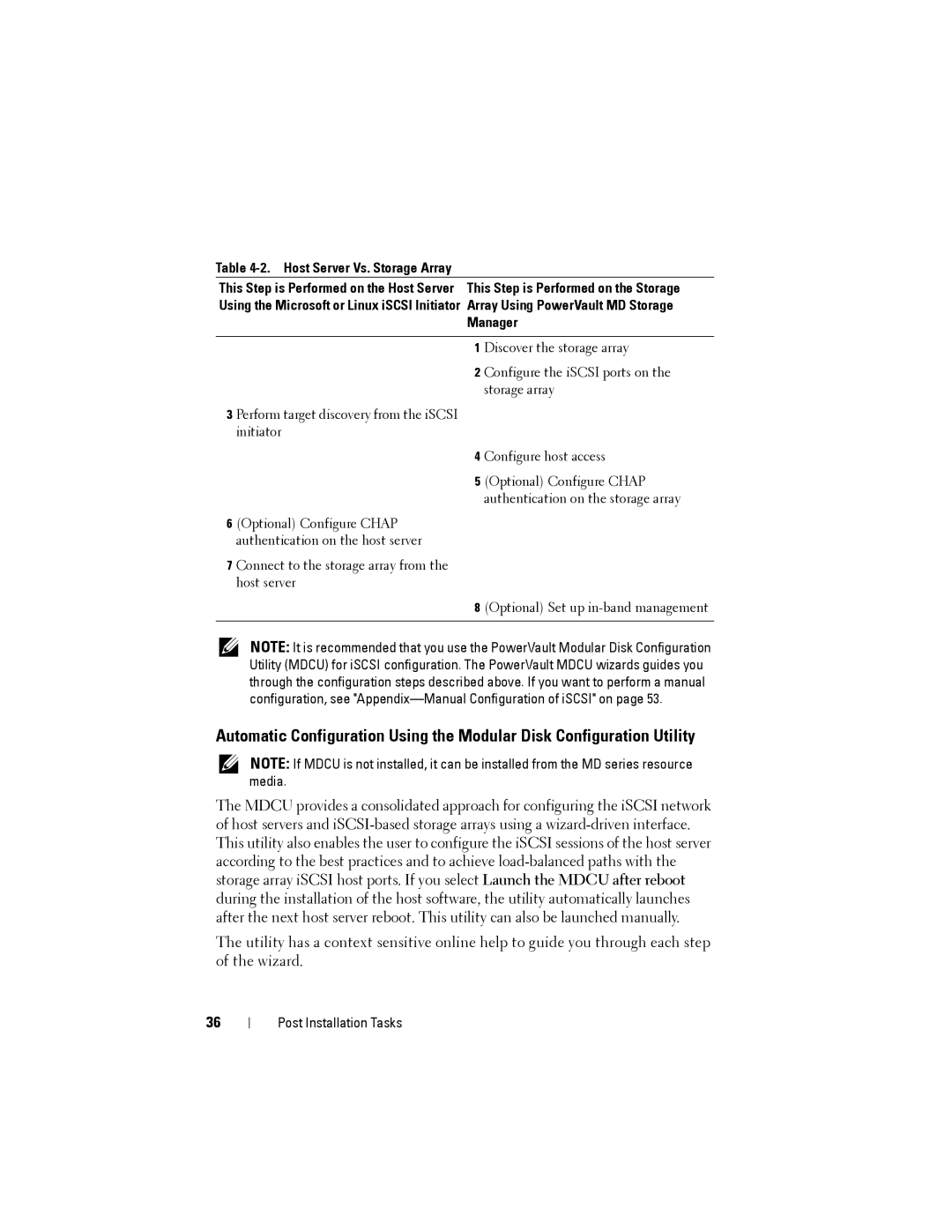
Table 4-2. Host Server Vs. Storage Array
This Step is Performed on the Host Server This Step is Performed on the Storage Using the Microsoft or Linux iSCSI Initiator Array Using PowerVault MD Storage
Manager
1 Discover the storage array
2 Configure the iSCSI ports on the storage array
3Perform target discovery from the iSCSI initiator
4 Configure host access
5 (Optional) Configure CHAP authentication on the storage array
6 (Optional) Configure CHAP authentication on the host server
7 Connect to the storage array from the host server
8 (Optional) Set up
NOTE: It is recommended that you use the PowerVault Modular Disk Configuration Utility (MDCU) for iSCSI configuration. The PowerVault MDCU wizards guides you through the configuration steps described above. If you want to perform a manual configuration, see
Automatic Configuration Using the Modular Disk Configuration Utility
NOTE: If MDCU is not installed, it can be installed from the MD series resource media.
The MDCU provides a consolidated approach for configuring the iSCSI network of host servers and
The utility has a context sensitive online help to guide you through each step of the wizard.
36
Post Installation Tasks
